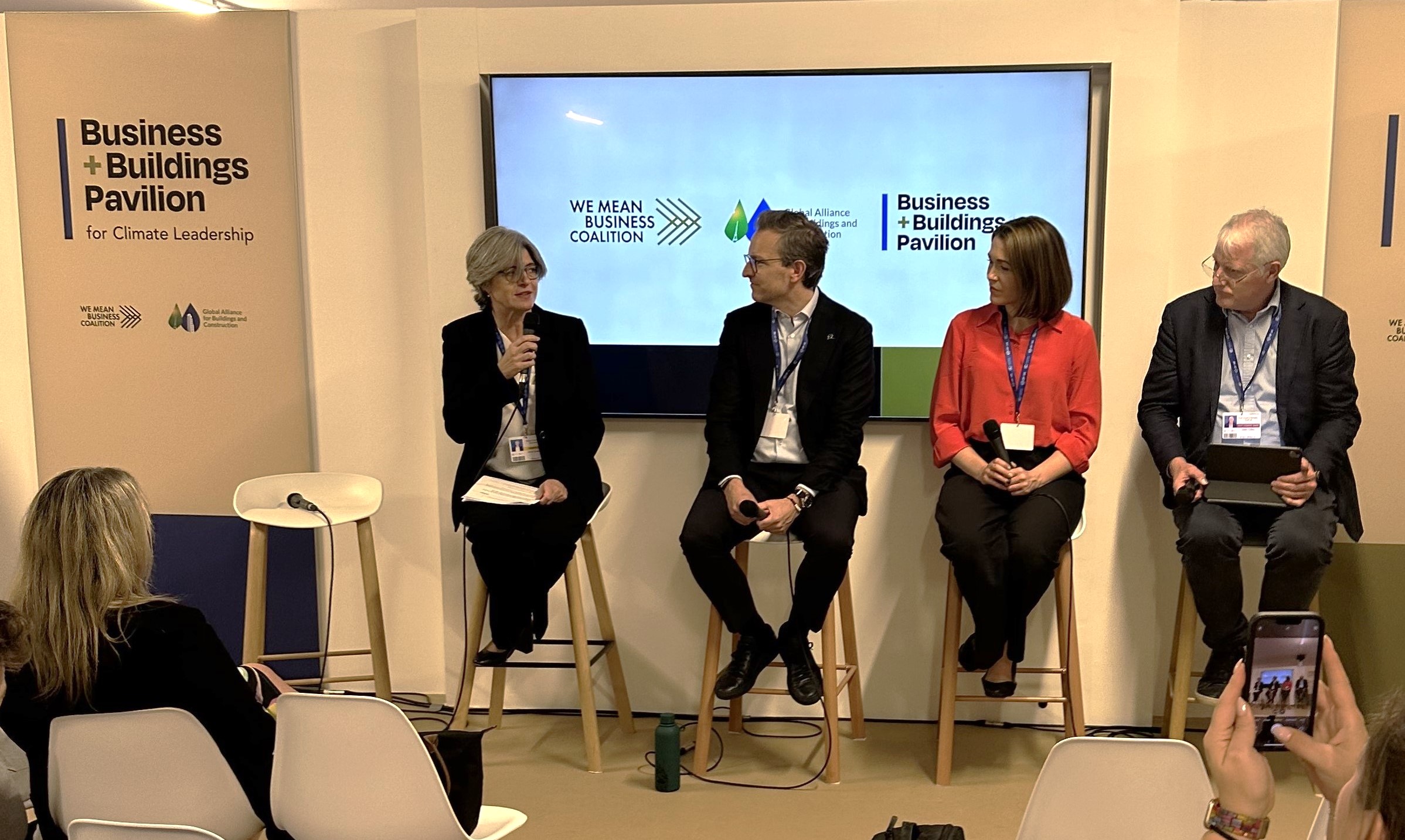Topsoe brought together stakeholders from across the value chain at COP 28 to discuss how best to upscale Sustainable Aviation Fuel (SAF) production for carbon neutral flying in the years and decades to come.
SAF are cleaner fuels powered by alternative sources ranging from agricultural waste and renewable electricity to carbon captured from the air. These fuels represent the most promising pathway to decarbonizing air travel and will play a critical role in getting the aviation industry to net zero by 2050. Yet, SAF currently makes up only 0.1% of all jet fuel used.
With the adoption of landmark legislation on SAF in the European Union, the United States and the United Kingdom, drastic change is on the horizon. Blending mandates and voluntary commitments by the world’s largest airlines are pushing demand, whereas production goals will help on the supply side of SAF. As a result, we see a growing number of new SAF projects being announced. Together, they are projected to trigger close to 13 Mt of SAF supply by 2030.
Sustainable feedstock sourcing and collection is critical to meeting the growing demand for SAF while minimizing the environmental impact of their production. Especially considering that reaching 2050 goals will require an estimated 400 Mt of SAF to be produced annually. Massive investments but also innovations are therefore needed to address the feedstock availability challenge but also to bring down costs.
At Topsoe’s event, Jane Hupe, Envoy of the ICAO Secretary General to the UNFCCC COP, delivered an enlightening keynote on SAF, before the panelists Kim Carnahan, Founder & CEO, Neoteric Energy & Climate, SABA, Brian Moran, VP of Global Sustainability Policy & Partnerships, Boeing international, Keith Tuffley, Chairman, Clean Energy Transition & Sustainability, Citi and Elena Scaltritti, Topsoe, Chief Commercial Officer brought their different perspectives to the discussion. The panel debate was expertly moderated by Christoph Wolff, CEO, Smart Freight Centre.

